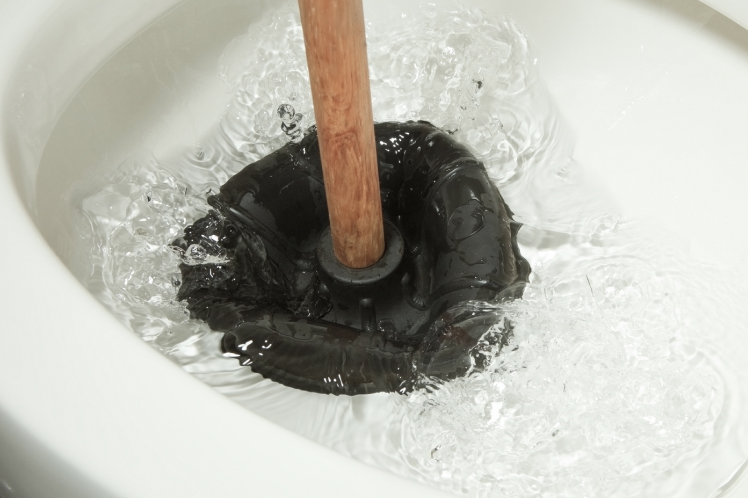In Sydney, energy prices continue to rise. Understanding what the average electricity bill in Sydney looks like and how to manage it has become very important for households.
In this blog, we’ll break down the average electricity bill for different household sizes. We’ll also cover factors affecting your electricity cost in Sydney and give tips for reducing your electricity usage to keep your bills under control.
What’s the Average Electricity Bill for Sydney Households in 2025?
According to recent data, here’s what you can expect for the average monthly electricity bill in Sydney:
1 Person Household
- Daily Electricity Use: 8.52 kWh
- Monthly Bill: $115.04
- Quarterly Bill: $345.12
- Annual Bill: $115.04 x 12 = $1,380.48
2 Persons Household
- Daily Electricity Use: 14.35 kWh
- Monthly Bill: $174.65
- Quarterly Bill: $523.97
- Annual Bill: $174.65 x 12 = $2,095.80
3 Persons Household
- Daily Electricity Use: 17.43 kWh
- Monthly Bill: $206.15
- Quarterly Bill: $618.45
- Annual Bill: $206.15 x 12 = $2,473.80
4 Persons Household
- Daily Electricity Use: 20.03 kWh
- Monthly Bill: $232.75
- Quarterly Bill: $698.26
- Annual Bill: $232.75 x 12 = $2,793.00
5+ Persons Household
- Daily Electricity Use: 24.68 kWh
- Monthly Bill: $280.30
- Quarterly Bill: $840.89
- Annual Bill: $280.30 x 12 = $3,363.60
Keep in mind that these figures are only averages. Your electricity bill might be higher or lower, depending on a few key factors. We will dive deeper into those in the next section.
Factors Affecting the Cost of Electricity in Sydney
1. Household Size
As explained previously, the more people living in your home, the more electricity you’re likely to use. Larger households have more appliances running at any given time, which pushes up consumption.
2. Type of Dwelling
The bigger the home, especially with added features such as air conditioning, the higher the electricity consumption. In contrast, apartments are more energy efficient due to their smaller space and fewer appliances.
3. Seasonality
The time of year can significantly impact your electricity bill. Hot summers and cold winters often lead to higher usage because of increased demand for heating or cooling systems.
4. Appliance Usage
Using high-power appliances like air conditioners, electric ovens, dryers, and space heaters can quickly drive up your electricity cost. The more often these are used, the higher your bill will be.
5. Electricity Provider and Tariffs
Different electricity providers charge different rates. The cost of electricity in Sydney can vary from one supplier to another, and even the type of plan you choose. It’s important to review your plan regularly to ensure you’re getting the best deal.
6. Energy Efficiency
How energy efficient your home is can also affect your average energy bill in Sydney. Homes with poor insulation, outdated windows, and inefficient heating and cooling systems consume more energy.
How to Reduce Your Electricity Bill in Sydney
1. Switch to Energy Efficient Appliances
Energy efficient appliances use less power and help reduce your overall consumption, which will have a direct impact on lowering your electricity bill. Look for appliances with high energy ratings, such as 4-star or 5-star ratings, as they are designed to use less energy while still performing efficiently.
2. Use Smart Thermostat
A smart thermostat learns your habits and adjust the temperature accordingly, ensuring you’re not wasting energy when it’s not needed, leading to lower electricity usage.
3. Switch to LED Bulbs
LED lights use up to 75% less energy than traditional bulbs, making them one of the easiest and most effective ways to reduce your electricity bill in Sydney. Not to mention, this energy efficient lighting lasts much longer.
4. Monitor Your Usage
Use apps or tools from your electricity provider to monitor your daily electricity usage. Many providers now offer detailed breakdowns of energy consumption by appliance, which can help you identify areas where you’re using more electricity than necessary.
5. Seal Gaps and Insulate Your Home Properly
Proper insulation helps maintain your home’s temperature, reducing the reliance on climate control systems. Sealing gaps around windows and doors prevents air from escaping, keeping your home comfortable and cutting down on energy costs.
6. Unplug Devices When Not in Use
Many electronics continue to consume energy even when turned off. Unplugging devices or using power strips to switch off multiple electronics easily can help you avoid these energy drains.
If you find that your average electricity bill in Sydney is still high, even after implementing these tips, it could be a good idea to explore different electricity providers.
There are many comparison websites that help you check if you’re on the best plan. Switching providers could save you hundreds of dollars annually. Many energy providers offer plans with discounts and rewards, with savings ranging from 6% to 21% off the standard price, which can significantly lower your overall electricity bills.
Conclusion
The average electricity bill in Sydney can vary, and understanding the factors that affect it can help you make more informed decisions about your energy usage. Keep these insights in mind as you manage your energy costs, and don’t hesitate to compare plans to ensure you’re getting the best deal possible.
If you’re looking for advice or help with upgrading your home’s electrical system to improve energy efficiency, 24 Hour Trade Services is here to assist. Call our Sydney electricians today at 1300 229 897 or fill out our online form to schedule a consultation.
















